Royal Court on Screen: The Libertine – A Q&A with John Malkovich and Stephen Jeffreys
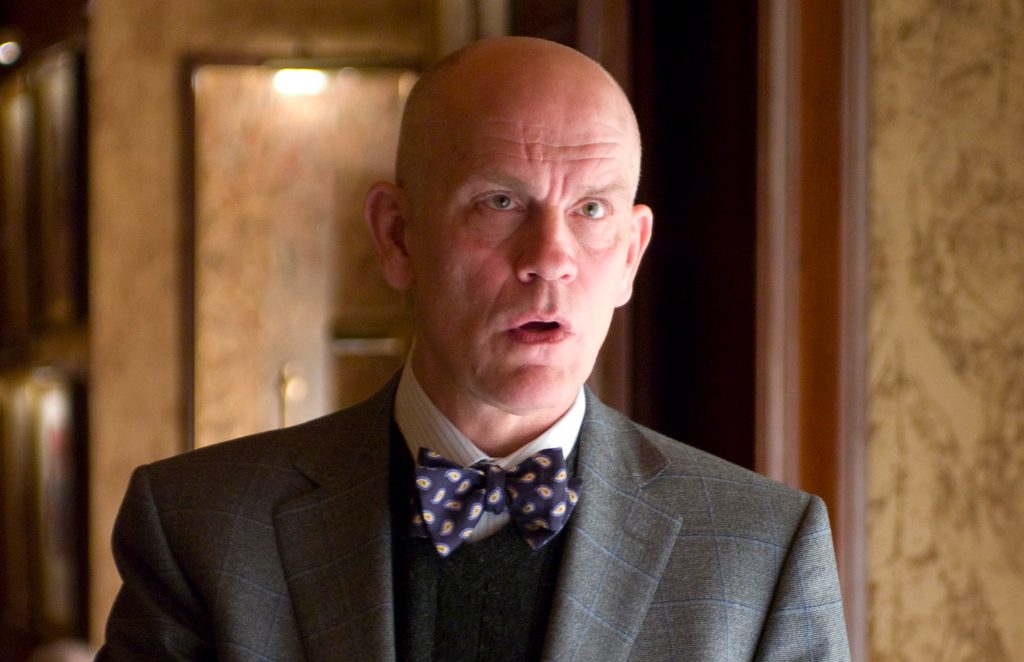
As part of its 60th year celebrations, the Royal Court has partnered with Picturehouse Central to explore the cinematic legacy of some of the theatre’s most famous plays, screening adaptations of the likes of Look Back in Anger and The Rocky Horror Picture Show (with Rita, Sue and Bob Too and Gone Too Far! still to come) followed by Q&A sessions with those involved in the original productions.
This time up, it was the turn of The Libertine, a play by Stephen Jeffreys that had its London premiere at the Royal Court in 1994 before travelling to Chicago in 1996 where John Malkovich took over the role of John Wilmot, the debauched 2nd Earl of Rochester, in a production by Steppenwolf Theatre Company. In 2004, the play was then turned into a film starring Johnny Depp, with Malkovich pulling double-duty as a producer and King Charles II and Jeffreys providing the screenplay.
Both the actor and writer were in attendance after the screening, speaking in conversation with the Royal Court’s Literary Manager Christopher Campbell. Malkovich, who is prepping his London directorial debut Good Canary for the Rose Theatre Kingston in September (and for which he amusingly received a completely new second act on the morning of the screening), was positively Malkovichian, oozing unhurried charm as he spoke of his relationship to the play and theatre in general.
On the adaptation, both Malkovich and Jeffreys agreed that director Laurence Dunmore found a “darker, muddier” vibe than what was present in the initial play, with the actor describing the Steppenwolf production instead as a “comedy with dark spots on its lungs”. The process of trying to get the film made was a long one, with Malkovich at points almost walking away from the project. When asked why he didn’t take the role of Rochester for himself, the actor pointed out that not only was he a decade too old for the part but that he also “wouldn’t help get a film made like Johnny [Depp] would”.
Interestingly, in a sign of the Royal Court’s ability to make a lasting mark on the theatre landscape, The Libertine is actually receiving a new revival next month, with the Preacher himself, Dominic Cooper, taking on the role for the Theatre Royal Haymarket following a run at the Theatre Royal Bath. Cooper was seated in the front row for the Q&A, with Jeffreys hinting at a new take on Rochester when arguing that “everyone brings something different” to the role. Jeffreys also remarked that Terry Johnson, director of the 1996 Chicago version of the play as well as this Theatre Royal production, had a “different agenda” this time around, revealing that the quicker style of the dialogue in modern theatre had led him to try and slightly strip back his original script.
There was only one question from the audience, but it led to a doozy of an answer from Malkovich on the differences between acting on stage and on screen. With remarkable insight, Malkovich claimed that in theatre the actor is a surfer, though “some actors think they are the wave”. And what is the wave? It’s “the collision between the material and the public”, and it is down to an actor to be open to that. He went on to say “theatre is an ephemeral, organic entity”, while movies are different as they work without momentum; in other words, “one is living and only living; the other is not living, it gives the appearance of life”. For an evening celebrating one of the world’s great artistic homes, there is no better rallying cry for theatre than that.
Connor Campbell
For further information about the Royal Court on Screen programme visit here.

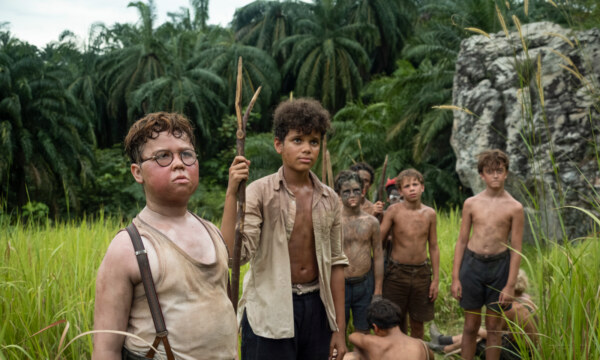
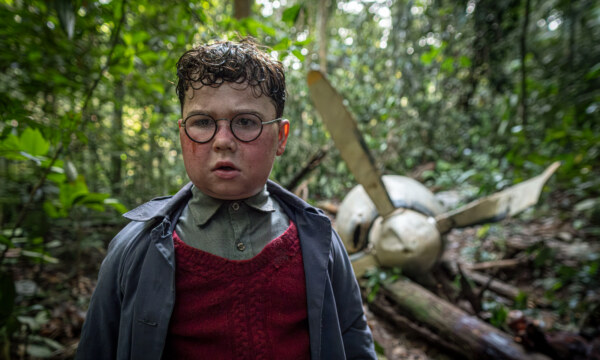
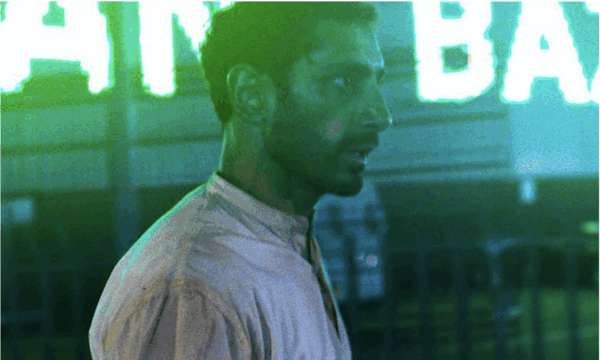
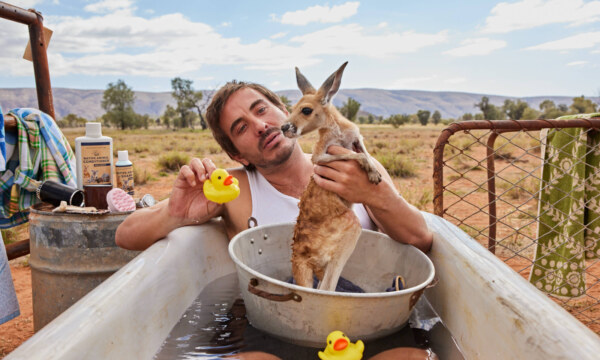
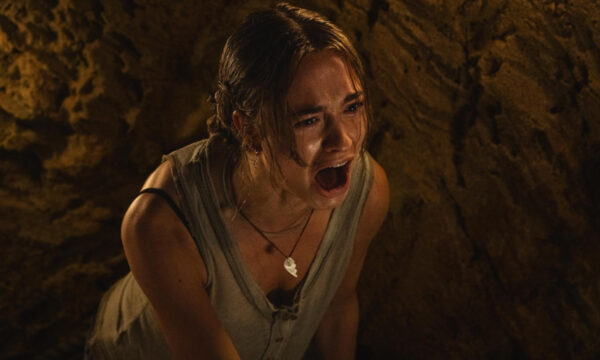

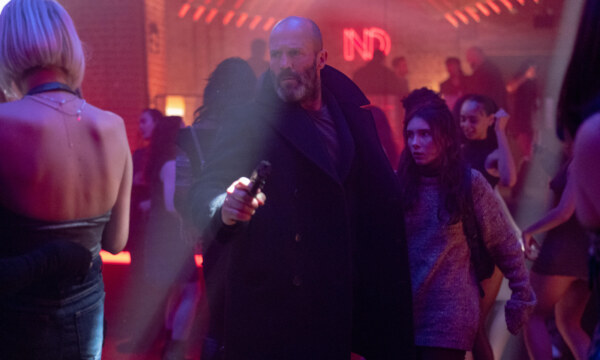

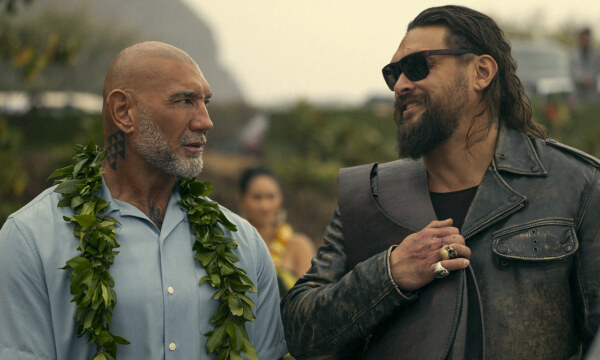


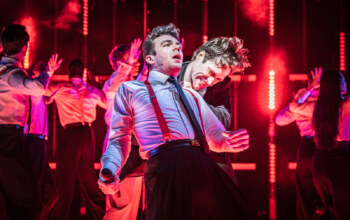

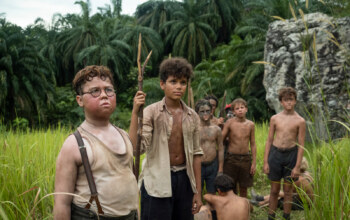



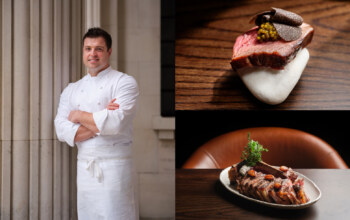



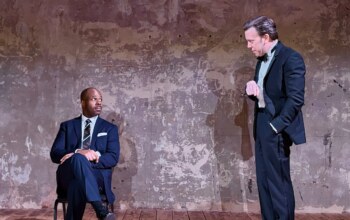

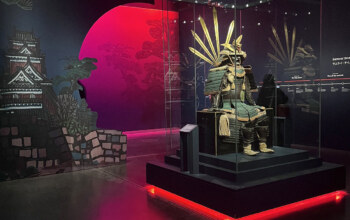
Facebook
Twitter
Instagram
YouTube
RSS